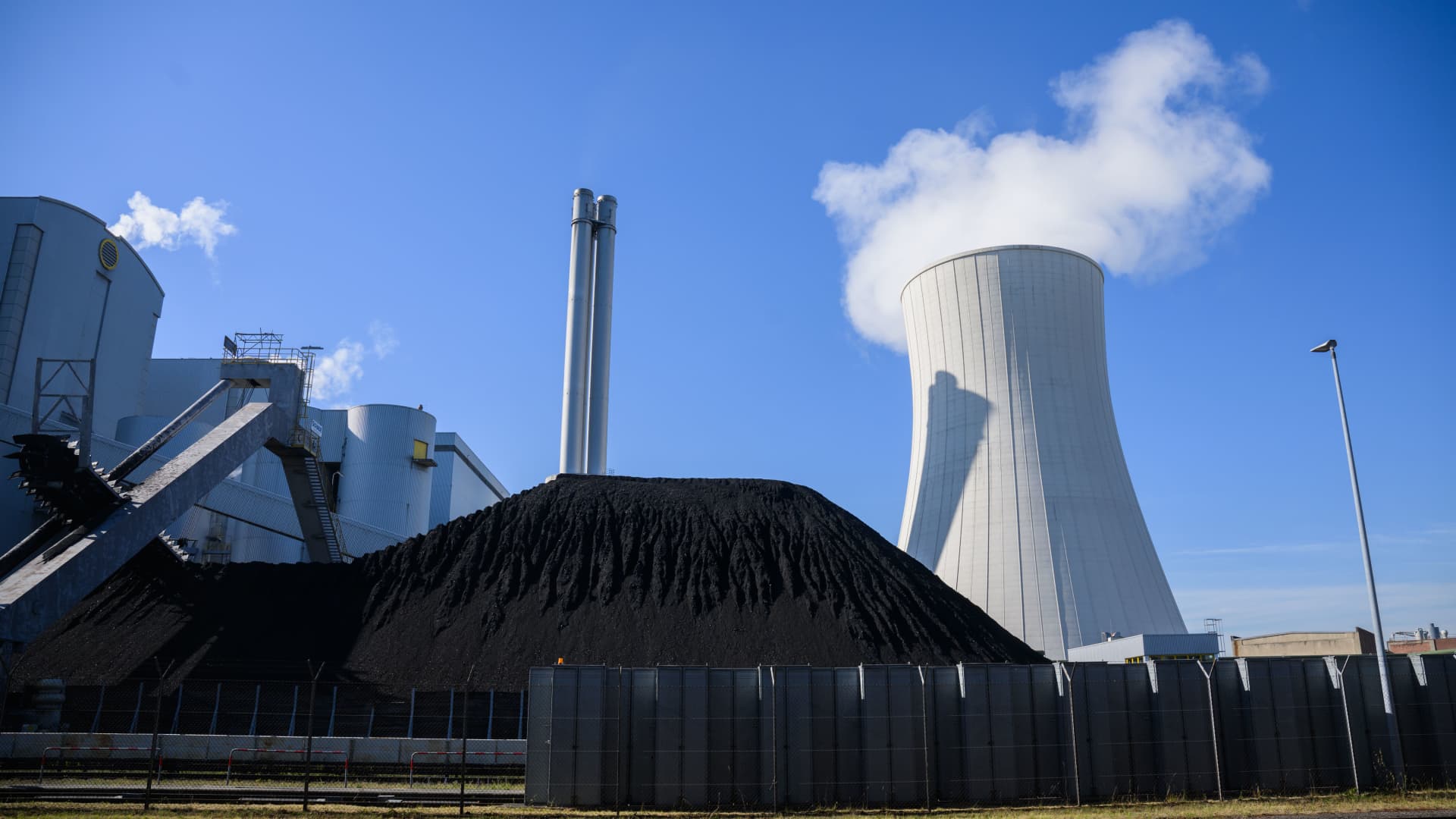Energy
Thursday, July 25th, 2024 12:19 pm EDT
Key Points
- NextEra Energy is exploring the potential restart of the Duane Arnold Energy Center in Iowa due to rising demand for carbon-free energy. The plant, which ceased operations in 2020, could be reactivated if a thorough risk assessment deems it feasible and risk-free. The shutdown was accelerated by damage from a derecho and a shift in energy preferences by its key customer, Alliant Energy.
- Renewed interest in nuclear energy is driven by a surge in electricity demand from sectors like artificial intelligence, domestic manufacturing, and overall economic electrification. Despite past declines in nuclear energy’s favor due to cheaper alternatives and safety concerns from incidents like the Fukushima disaster, nuclear power is now seen as crucial for reliable, carbon-free energy, especially as renewables face reliability issues.
- The U.S. nuclear sector is experiencing a revival, with the Biden administration supporting it through tax credits and a commitment to triple nuclear power by 2050. The U.S. has the world’s largest nuclear fleet, and tech companies like Amazon Web Services are increasingly investing in nuclear-powered data centers, reflecting growing sector interest despite high costs and criticisms of nuclear’s resurgence.
NextEra Energy is evaluating the potential restart of the Duane Arnold Energy Center, a nuclear plant in Palo, Iowa, which ceased operations in 2020 after 45 years of service. This consideration arises from the growing demand for carbon-free energy amid a historic surge in electricity consumption. NextEra CEO John Ketchum emphasized the necessity of conducting a thorough risk assessment to determine the feasibility of restarting the reactor, highlighting significant market demand if the plant can be reactivated with minimal risks. The Duane Arnold plant’s closure in 2020 followed a decision by a key customer, Alliant Energy, to seek cheaper energy alternatives, compounded by damage from a powerful windstorm known as a derecho.
Nuclear energy has faced challenges over the past decade, struggling to compete with cheaper energy sources like natural gas and renewables, and facing safety concerns heightened by the 2011 Fukushima nuclear accident in Japan. This led to the closure of a dozen nuclear reactors in the U.S. between 2013 and April 2021. However, interest in nuclear energy is resurging as the U.S. grapples with increasing electricity demand driven by factors such as artificial intelligence data centers, a resurgence in domestic manufacturing, and the broader electrification of the economy.
Nuclear plants are becoming highly sought after in the energy market, with their ability to provide stable, carbon-free power positioning them as essential in meeting rising electricity demands and achieving carbon reduction goals. Despite advancements in renewable energy, solar and wind power face reliability challenges due to their dependence on weather conditions. While renewable industry leaders are optimistic about battery storage solving these issues, utility executives maintain that nuclear and natural gas are necessary for grid reliability.
Southern Company CEO Chris Womack recently asserted the need for over 10 gigawatts of new nuclear power to meet U.S. electricity demand, noting that Southern Company completed the first new nuclear plant in decades last year, though the project faced delays and cost overruns. Despite some criticism regarding the high costs associated with new nuclear plants, there is notable interest from the tech sector in nuclear power for its reliability. Amazon Web Services, for example, purchased a data center powered by nuclear energy for $650 million and is in discussions with Constellation Energy for nuclear-supplied electricity.
The U.S. holds the largest nuclear fleet globally, with 94 operating reactors. The Biden administration has introduced tax credits under the Inflation Reduction Act to prevent more reactors from shutting down. Furthermore, in December, the U.S. and over 20 other countries pledged to triple nuclear power by 2050 as part of efforts to combat climate change. This renewed interest in nuclear energy underscores its critical role in the future energy landscape, balancing the need for increased power demand and carbon emission reductions.
For the full original article on CNBC, please click here: https://www.cnbc.com/2024/04/02/joe-biden-and-chinas-xi-jinping-speak-by-phone-.html




